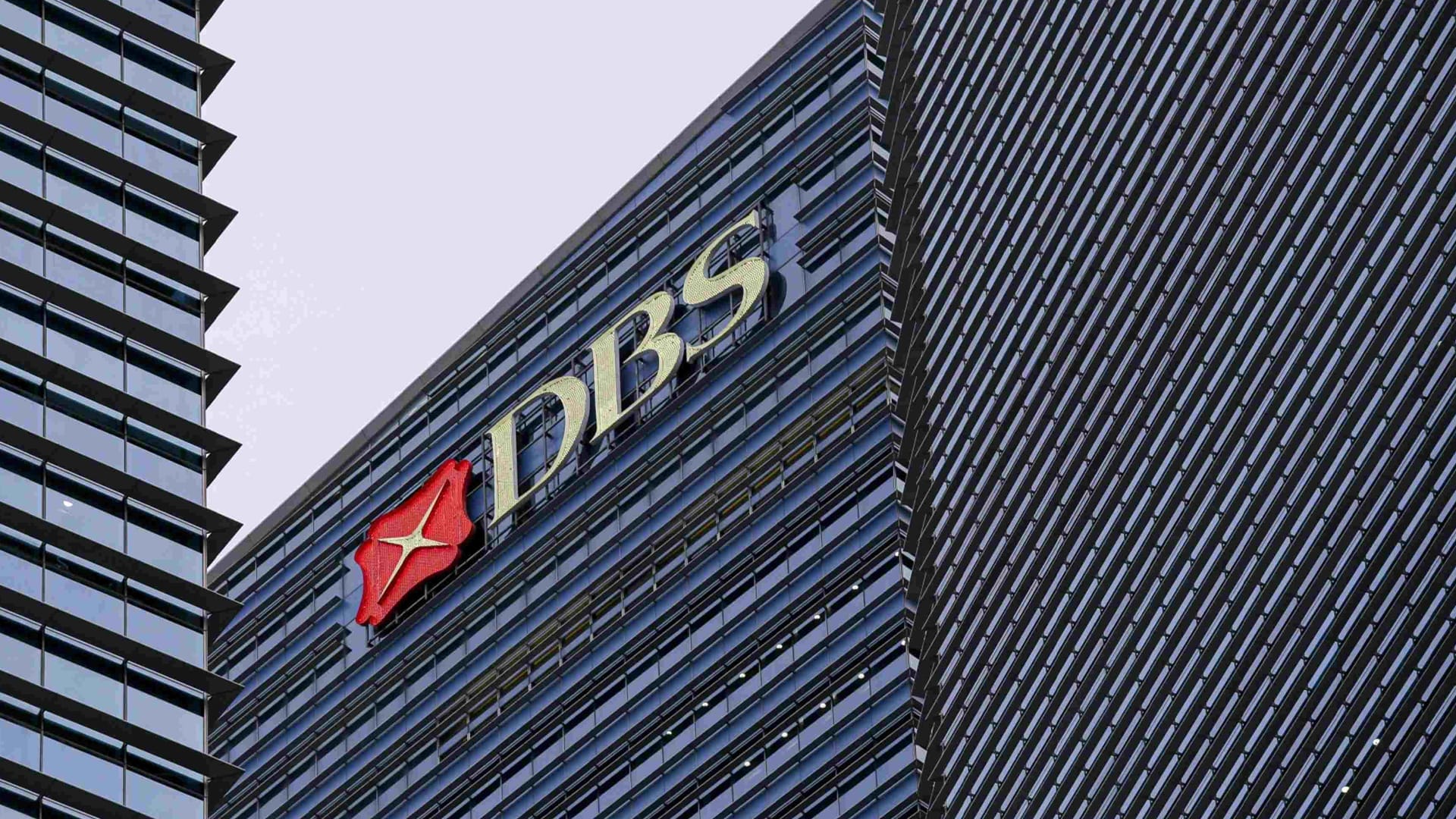Singapore banks introduce new security feature to lock funds
Learn about Singapore banks' new feature to lock customer funds, enhancing security against scams and unauthorised access.

Singapore’s leading banks have recently launched a new security feature, allowing customers to lock their funds. This move aims to prevent unauthorised access or transfers, enhancing the safety of customer monies.
Table Of Content
DigiVault from DBS/POSB
DBS/POSB introduces digiVault, a service that lets customers digitally lock their money in a specific account. This locked account prevents digital transfers out. Accessing funds requires a personal visit to a DBS/POSB branch, where customers must verify their identity.
Customers can also secure their fixed deposits against premature digital withdrawals or changes to maturity instructions. A special launch promotion for digiVault is underway from November 27, 2023, to February 29, 2024, offering additional interest on deposits.
OCBC’s money lock feature
OCBC offers the Money Lock feature for new and existing current and savings accounts from the end of November. This feature allows customers to lock funds in their OCBC accounts, preventing unauthorised transfers while still earning interest.
OCBC advises customers to lock only excess funds and consider regular expenses. The locked funds are restricted from transactions like bill payments, fixed deposit placements, and ATM withdrawals. Unlocking requires a visit to an OCBC ATM or branch.
UOB’s response with LockAway account
UOB has introduced the UOB LockAway Account, a savings account that protects customer funds from unauthorised digital access. Funds in this account are inaccessible for online transactions and can only be accessed at UOB branches with proper identity verification.
Customers can open a UOB LockAway Account digitally or physically at UOB branches without minimum initial deposit or balance requirements.
Comparing the three approaches
The primary distinction between these bank features is their approach to fund security. DBS’s digiVault and UOB’s LockAway Account are separate accounts for depositing funds for safety. In contrast, OCBC’s Money Lock is applied directly to existing accounts, eliminating the need for new account creation.














